Cuba and Bolivia are to join the economic group next year, Russian Deputy Foreign Minister Sergei Ryabkov has said
Cuba and Bolivia are expected to officially join BRICS as partner states on January 1, Russian Deputy Foreign Minister Sergei Ryabkov has said.
In an interview with Izvestia newspaper on Friday, Ryabkov confirmed that both countries had received invitations.
“We are confident that everything will work out in terms of their joining the group as partners,” the diplomat said.
The new ‘partner country’ status was approved at the BRICS summit in October, hosted by Russia in Kazan, and is intended to serve as an alternative to membership after more than 30 nations applied to join the organization.
Following the gathering, Russia, which at present holds the group’s rotating presidency, announced that 13 new countries could become BRICS partner states after the new status was introduced.
BRICS initially comprised Brazil, Russia, India, China, and South Africa, and was expanded earlier this year to include Egypt, Iran, Ethiopia, and the United Arab Emirates.
The group is now holding consultations with the invited nations to formalize their membership, Ryabkov told the outlet.
Earlier, Belarus announced it had officially accepted the invitation to become a BRICS partner. Indonesia has also been awarded partner status by the economic group, according to Russian Deputy Foreign Minister Aleksandr Pankin.
The list of aspiring partners has not been officially announced, but it reportedly includes Türkiye, Algeria, Kazakhstan, Malaysia, Nigeria, Thailand, Uganda, Uzbekistan and Vietnam as candidates.
Although discussions regarding the partner status of these countries are still ongoing, the senior diplomat confirmed that none of the invited nations had rejected the invitation.
“This is a big, serious prospect for all the countries that have been invited, so there are just a few days before the list is made public,” he noted.
Partner-country status provides for permanent participation in special sessions of BRICS summits and foreign ministers’ meetings, as well as other high-level events. Partners can also contribute to the group’s outcome documents.

 4 weeks ago
7
4 weeks ago
7
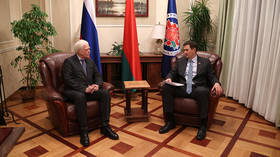
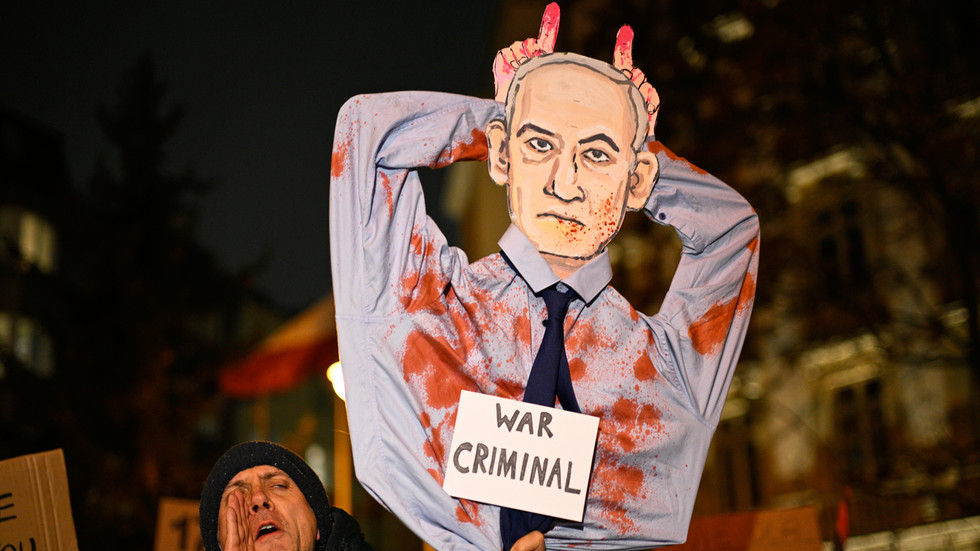

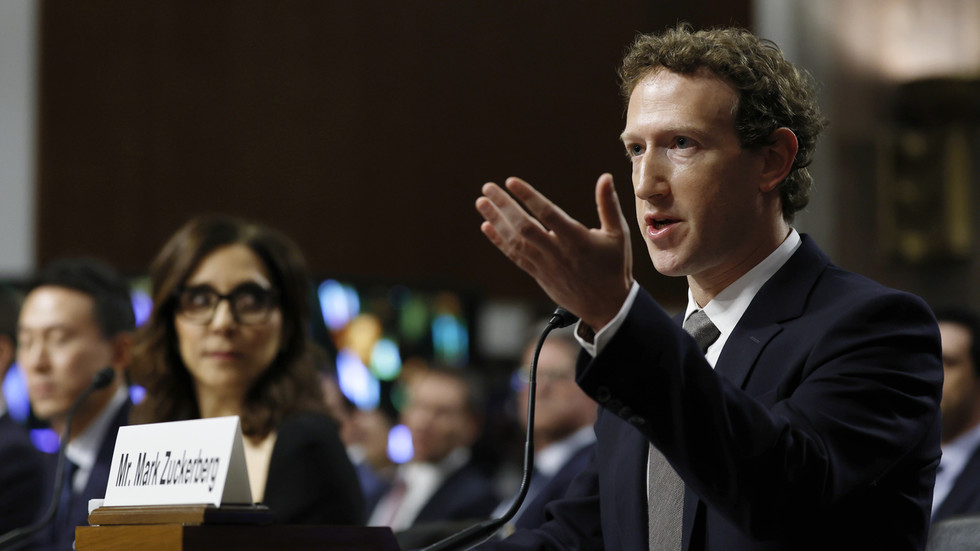
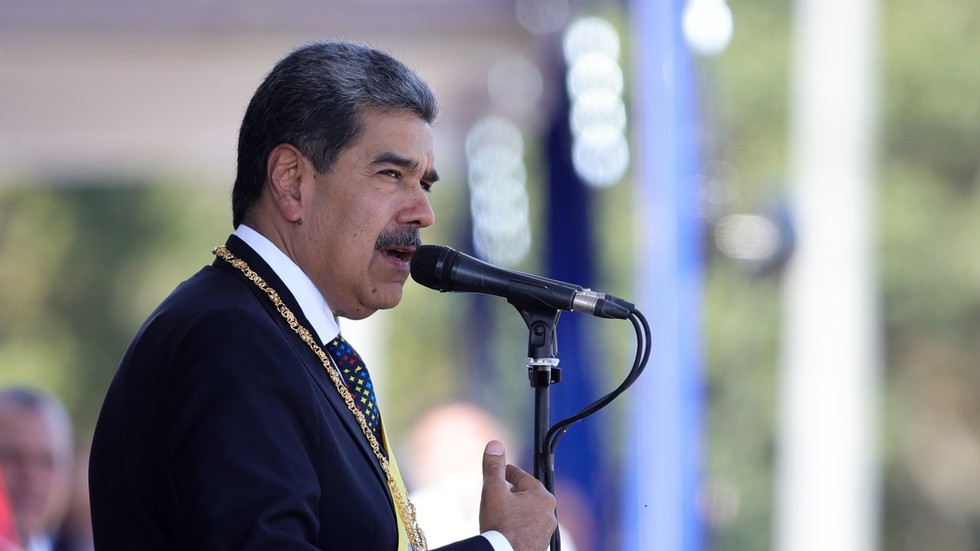
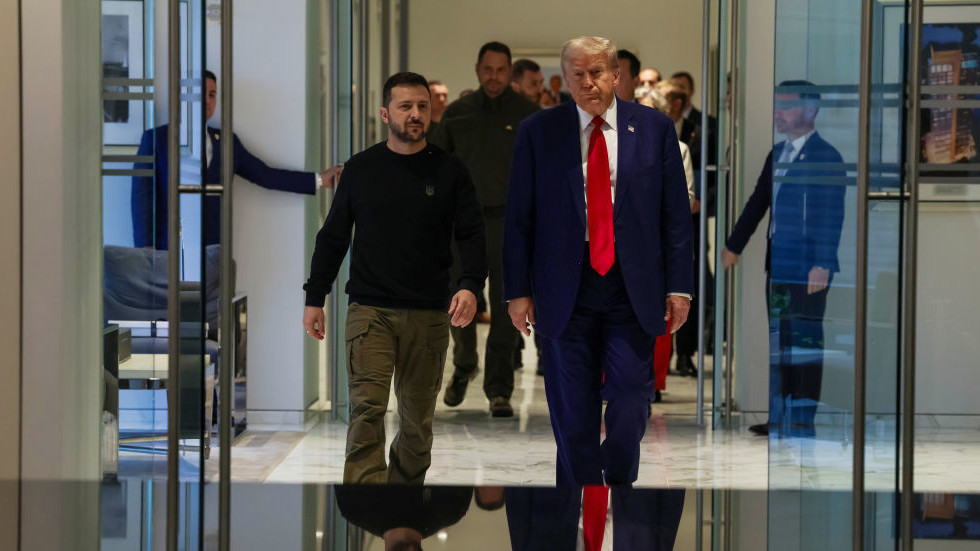

 We deliver critical software at unparalleled value and speed to help your business thrive
We deliver critical software at unparalleled value and speed to help your business thrive






 English (US) ·
English (US) ·